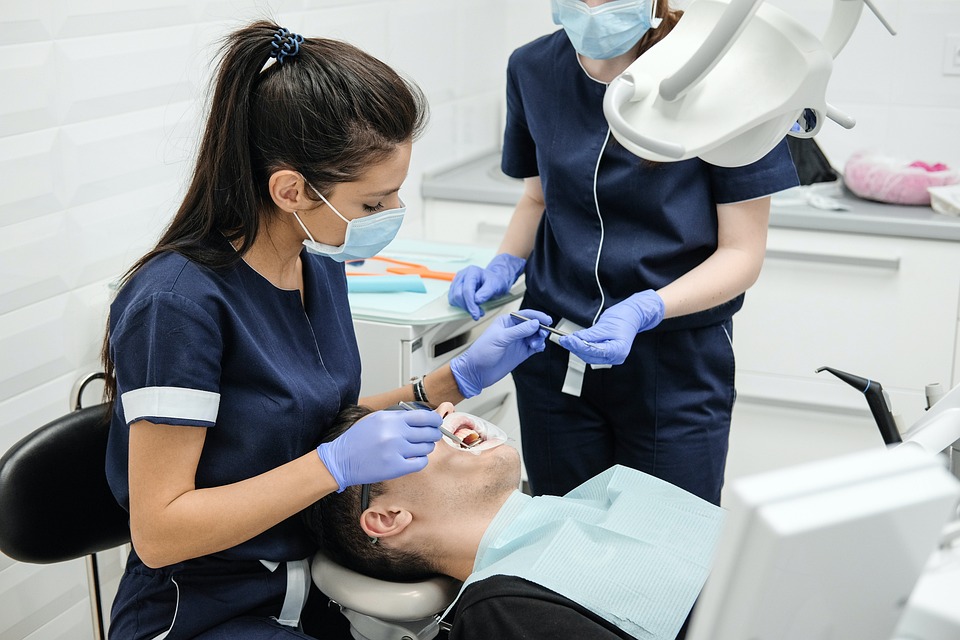[ad_1]
Negotiation is a crucial skill for dental professionals, whether they are dealing with patients, suppliers, or even their own team members. Being able to effectively negotiate can result in better financial outcomes, enhanced relationships, and a more successful dental practice overall. Here are some negotiation techniques that every dental professional should know.
1. Active listening:
One of the most important negotiation techniques is active listening. When negotiating with patients or suppliers, it is essential to fully understand their needs and concerns. By actively listening and asking clarifying questions, dental professionals can gain a deeper understanding of the other party’s perspective, which can lead to more successful negotiations.
2. Prepare and research:
Before entering into any negotiation, it is important to thoroughly prepare and research. This includes understanding the market rates for services or products, as well as knowing the needs and concerns of the other party. By being well-prepared, dental professionals can enter negotiations with confidence and a clear understanding of what they want to achieve.
3. Create a win-win situation:
The best negotiations result in a win-win situation, where both parties feel like they have come out on top. Dental professionals should focus on finding solutions that benefit both parties, rather than trying to “win” at the other party’s expense. This approach can lead to stronger relationships and better long-term outcomes.
4. Focus on building relationships:
Negotiation is not just about the current transaction; it is about building long-term relationships. Dental professionals should approach negotiations with a focus on building trust and rapport with the other party. This can lead to more productive negotiations and can set the stage for future collaborations.
5. Emphasize value:
When negotiating with patients or suppliers, it is important to emphasize the value that the dental practice can provide. This can include highlighting the quality of the services offered, the positive outcomes for patients, or the reliability of the products being supplied. By emphasizing value, dental professionals can justify their position and potentially command higher prices or better terms.
6. Stay calm and composed:
Negotiations can often become tense, but it is important for dental professionals to stay calm and composed throughout the process. This can help them to think more clearly and make better decisions, as well as to maintain a professional demeanor that can enhance the negotiation process.
In conclusion, negotiation is a crucial skill for dental professionals, and by mastering these techniques, they can improve their financial outcomes, build stronger relationships, and create a more successful dental practice. Active listening, thorough preparation, creating win-win situations, focusing on building relationships, emphasizing value, and staying calm and composed are all essential for successful negotiations in the dental industry. By implementing these techniques, dental professionals can become more effective negotiators and achieve better results in their professional interactions.
[ad_2]
DentalTimes is powered by Dentainment, a leading Dental Marketing Agency.



